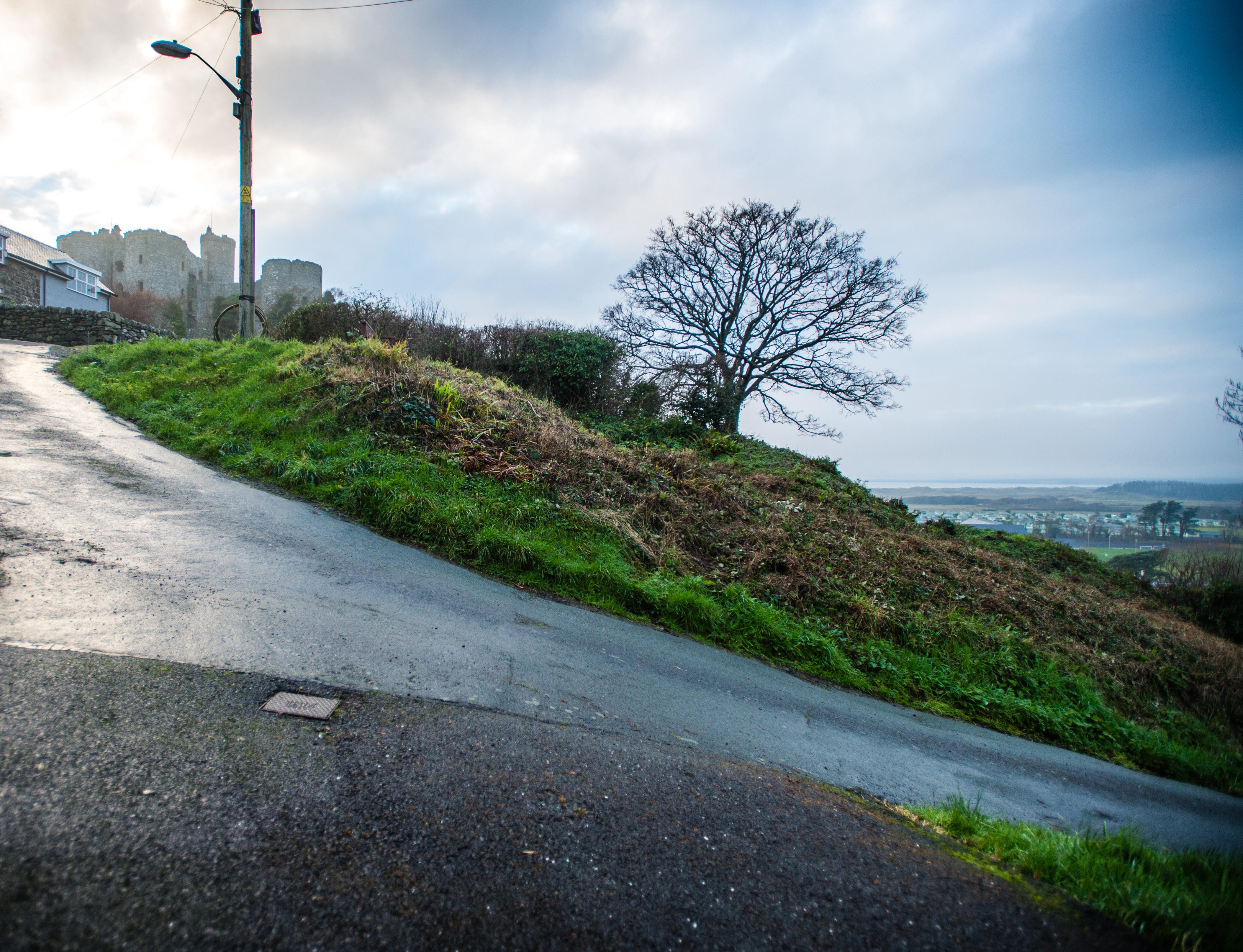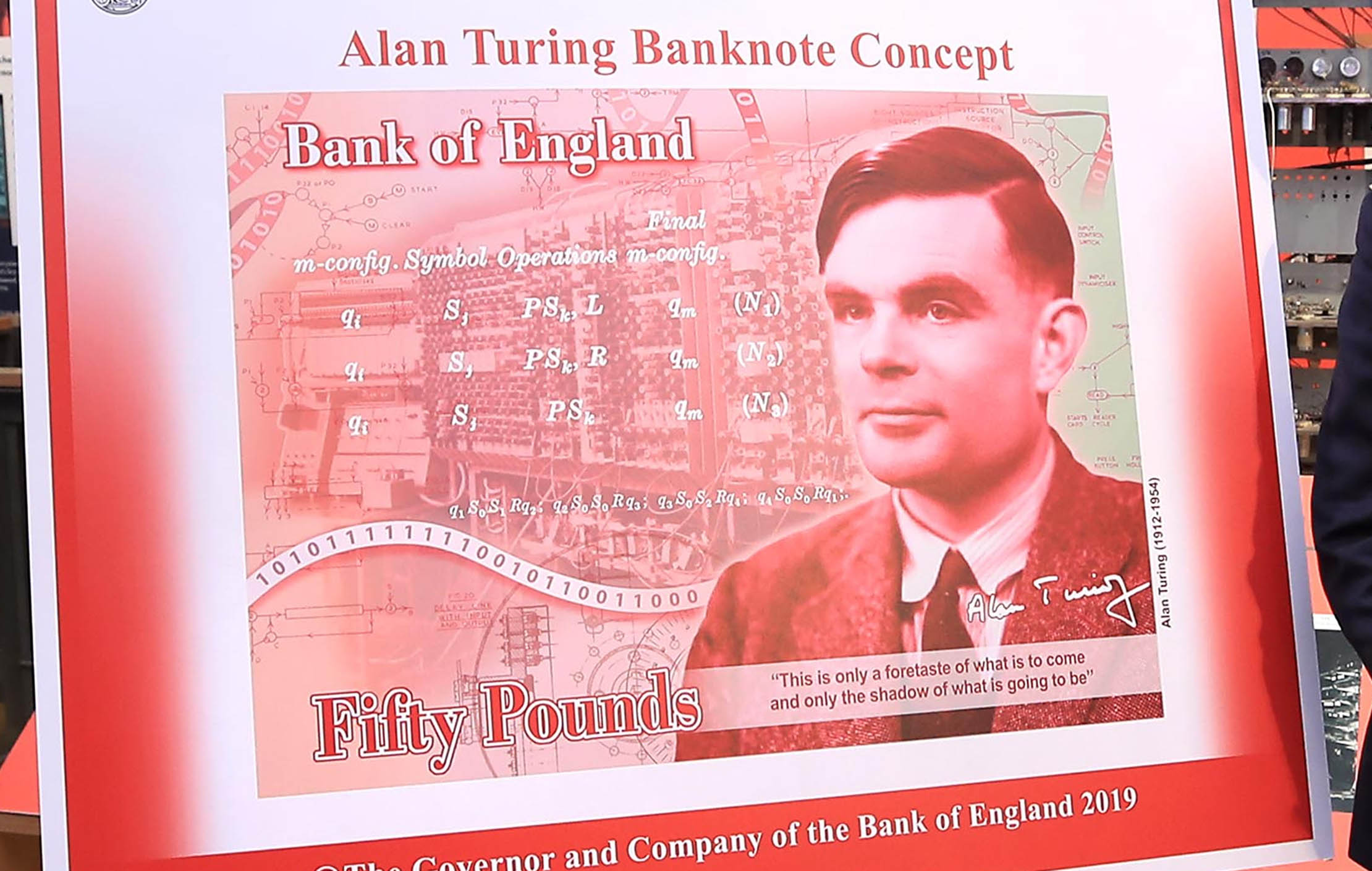Country Life Today: The 1,000-year-old road in Wales that's just been named the world's steepest street
Ffordd Pen Llech in Harlech is finally recognised as the world's steepest street; how the face of the new £50 note saved 14 million lives; and how farming is still being done just as it ever was.

Britain beats New Zealand for the second time in a week by grabbing the priceless crown for the world's steepest street
First we beat New Zealand in the Cricket World Cup final. Now we've taken another equally glittering prize from them: the world record for the world's steepest street.
For many years the title had been held by a road called Baldwin Street in Dunedin, New Zealand, with its 35% gradient. Now, though, the adjudicators of the Guinness Book of Records has decreed that Ffordd Pen Llech in the Welsh seaside town of Harlech is actually somewhat steeper, with a 37% gradient.
'I feel utter relief — and jubilation,' Gwyn Headley, who had been leading the campaign for Ffordd Pen Llech's recognition.
'I feel sorry for the New Zealanders - but steeper is steeper.'
Indeed it is, but apparently there are more criteria than mere steepness: ten in total, including that the road in question had to be a public, paved thoroughfare with buildings either side.
One of the stipulations was waived, however: the lack of blueprints for the road was forgiven on the basis that Ffordd Pen Llech is believed to be over 1,000 years old. Let's think of that as the road steepness equivalent of a fielder's throw to the stumps hitting a running batsman and going for four...
'I hope Harlech enjoys the celebrations and that the new title brings lots of people to the beautiful town, to experience the world's steepest street for themselves,' said Craig Glenday, editor of Guinness World Records.
Exquisite houses, the beauty of Nature, and how to get the most from your life, straight to your inbox.
Weather watch: Scorching temperatures lie ahead...
...at least if old wives' tales are to be believed. St Swithun's Day was on Monday, and the hot and sunny weather now means we're in for 40 days of good weather.
More modern forecasting methods suggest things will be more mixed, but that doesn't stop the good old Daily Express from warning that we're all set to burn alive beneath a 'continental heat dome'.
Full Story (The Independent) and you can read the Daily Express's breathless take here
5ft jellyfish spotted in the sea off Cornwall
We've filed this under 'animals' only because we don't have a 'terrifying monsters of the deep' category: this is a 5ft 'giant barrel' jellyfish which has been encountered by divers in the waters off Cornwall.
'I've never seen one that big,' said biologist Lizzie Daly, talking to The Guardian.
No, Lizzie. Neither have we. And we're rather glad of it too.
Full story and video (Guardian)
Quote of the day
'Summer afternoon — summer afternoon; to me those have always been the two most beautiful words in the English language.'
Henry James

On this day in 1915, the novelist Henry James — horrified at 'the crash of civilisation', as he described the First World War — became a British citizen, throwing his full weight behind Britain's cause and putting pressure on America to take up arms to help. He was subsequently awarded the Order of Merit but died in February 1916 in Chelsea, London.
Stat of the day
14 million
The number of lives believed to have been saved by Alan Turing and his team of codebreakers at Bletchley Park. Their success in cracking the German Enigma Machine are thought to have shortened the war by several years.

Turing's work also underpins modern computing as we know it today, and many of the concepts he came up with are still in use — not least the 'Turing Test', designed to let us tell at what point artificial intelligence becomes truly intelligent.
Sadly, he was not feted in his lifetime — anything but. A few years after the war he was prosecuted for having a homosexual affair, and underwent chemical castration. The government finally pardoned him in 2013 after years of pressure; and as of Monday, he was unveiled as the new face of Britain's £50 note.
And finally... a bit of nostalgia
Toby Keel is Country Life's Digital Director, and has been running the website and social media channels since 2016. A former sports journalist, he writes about property, cars, lifestyle, travel, nature.


